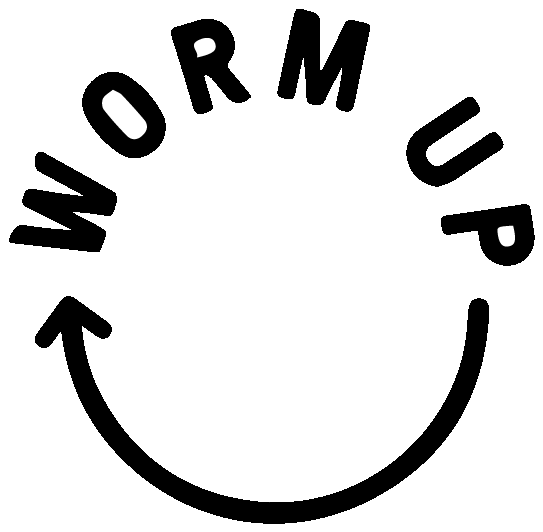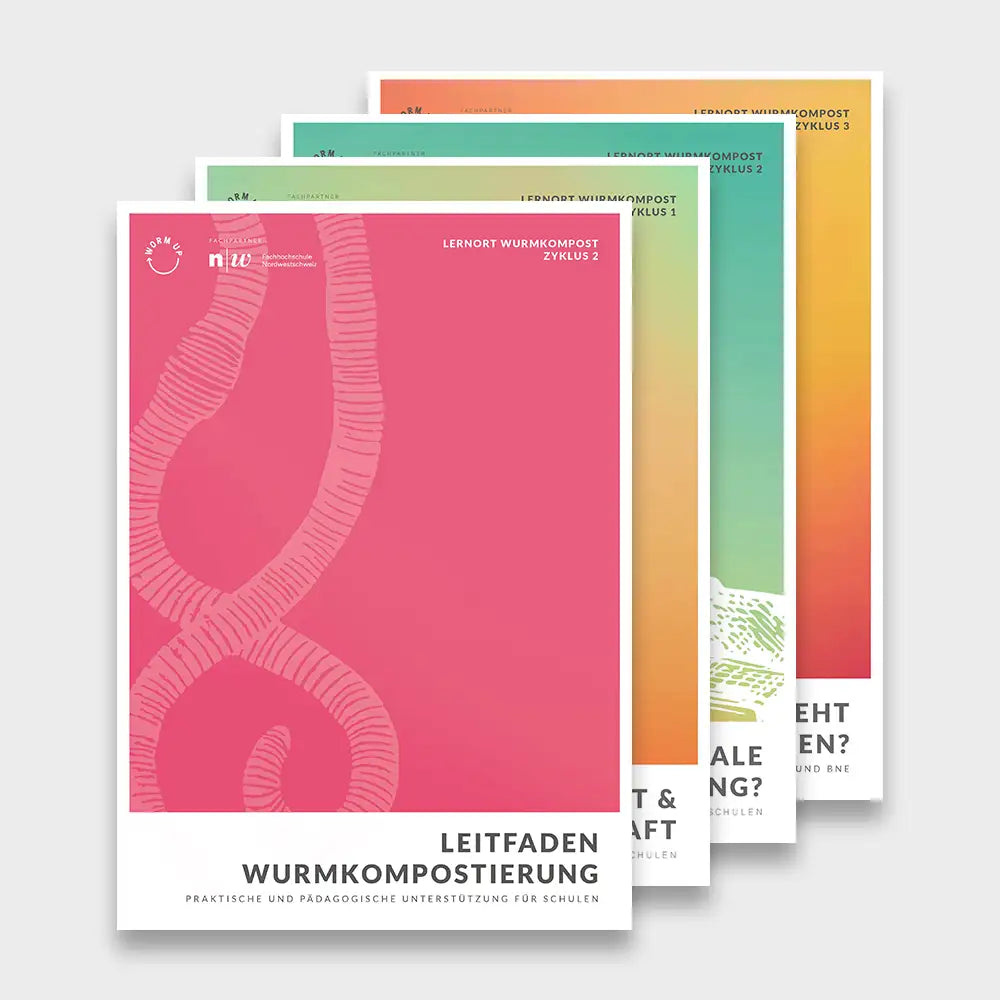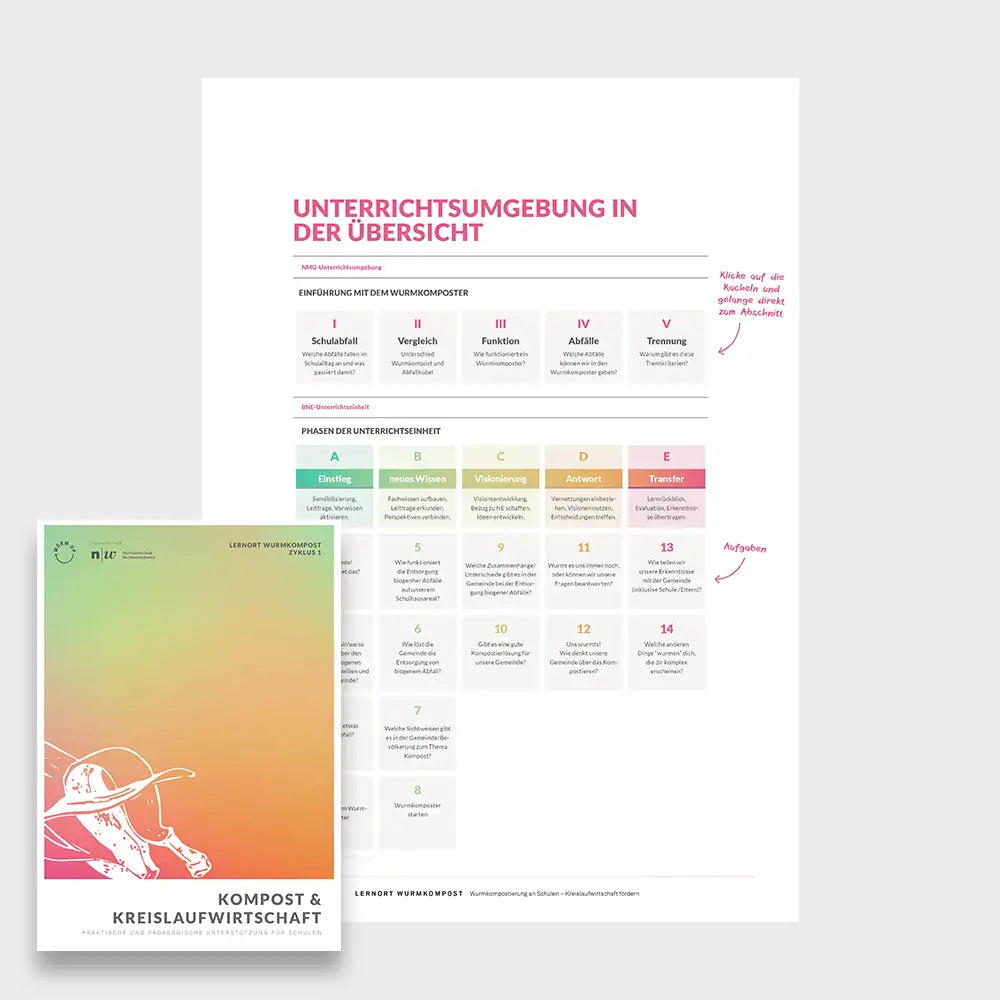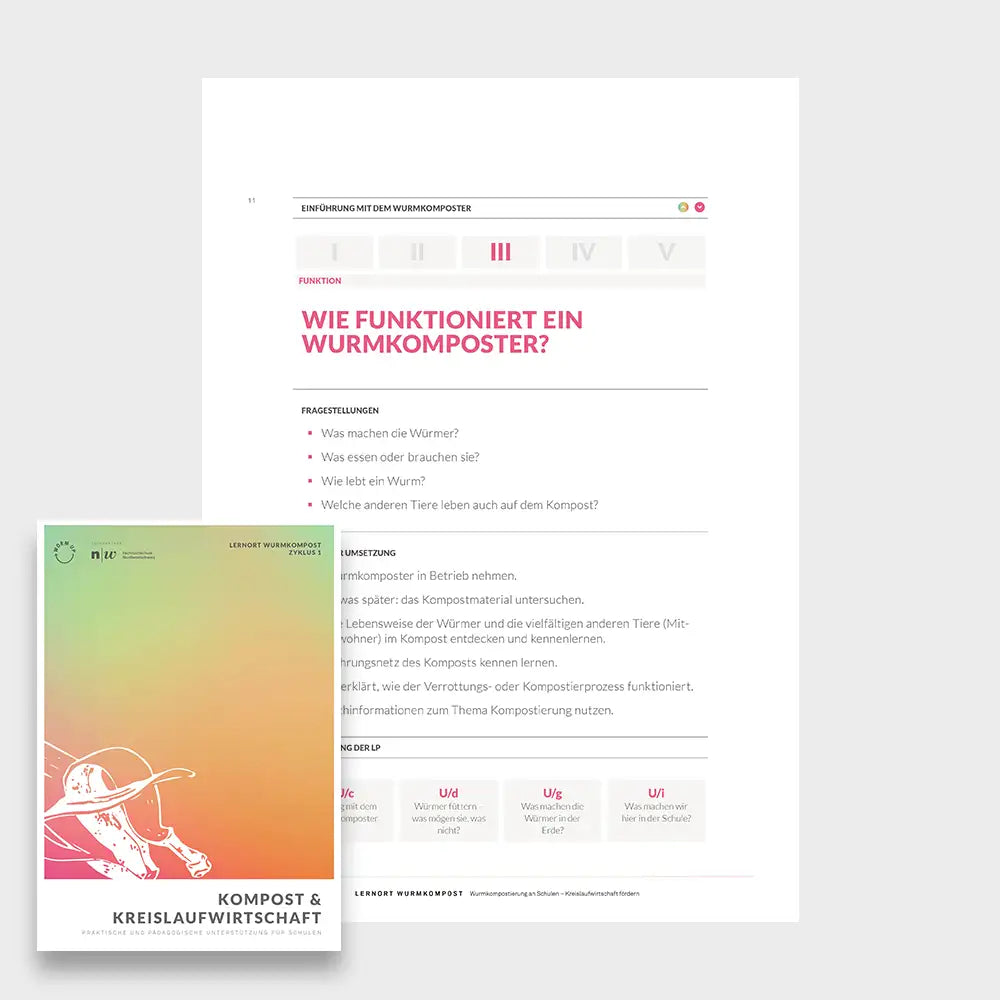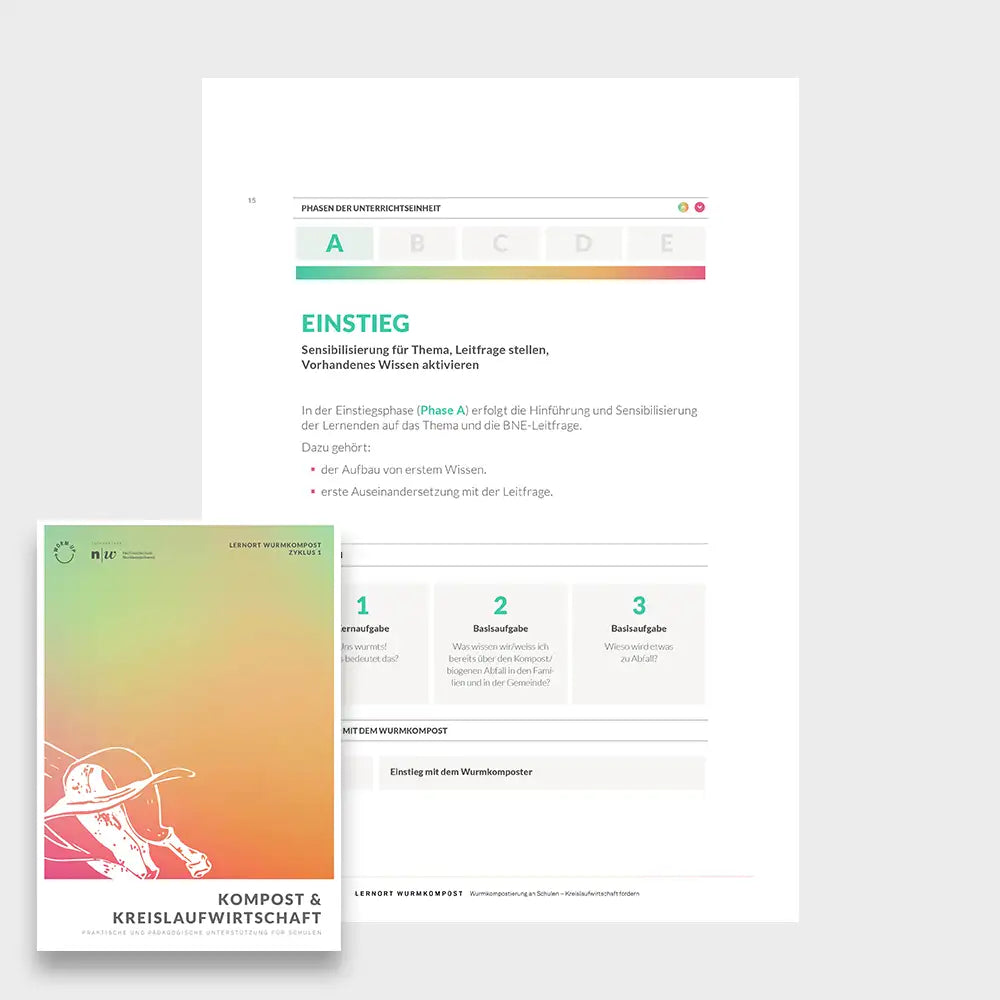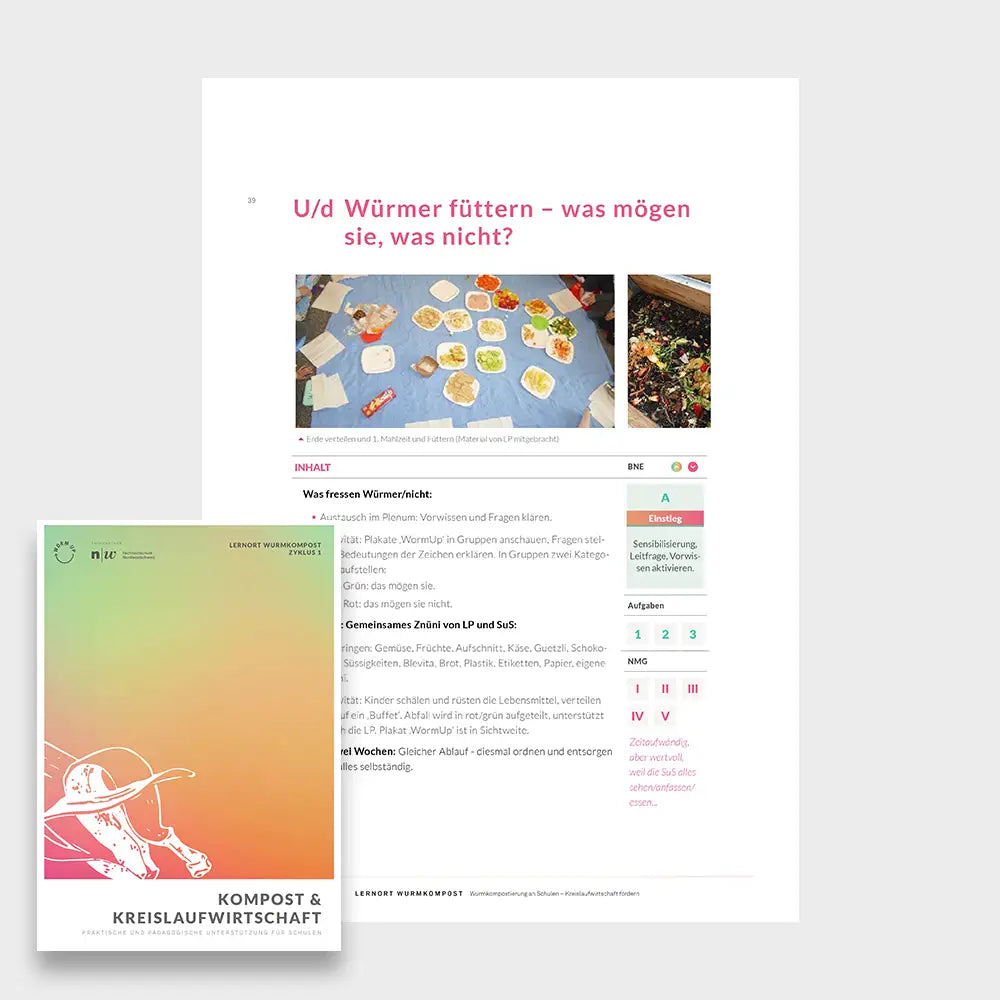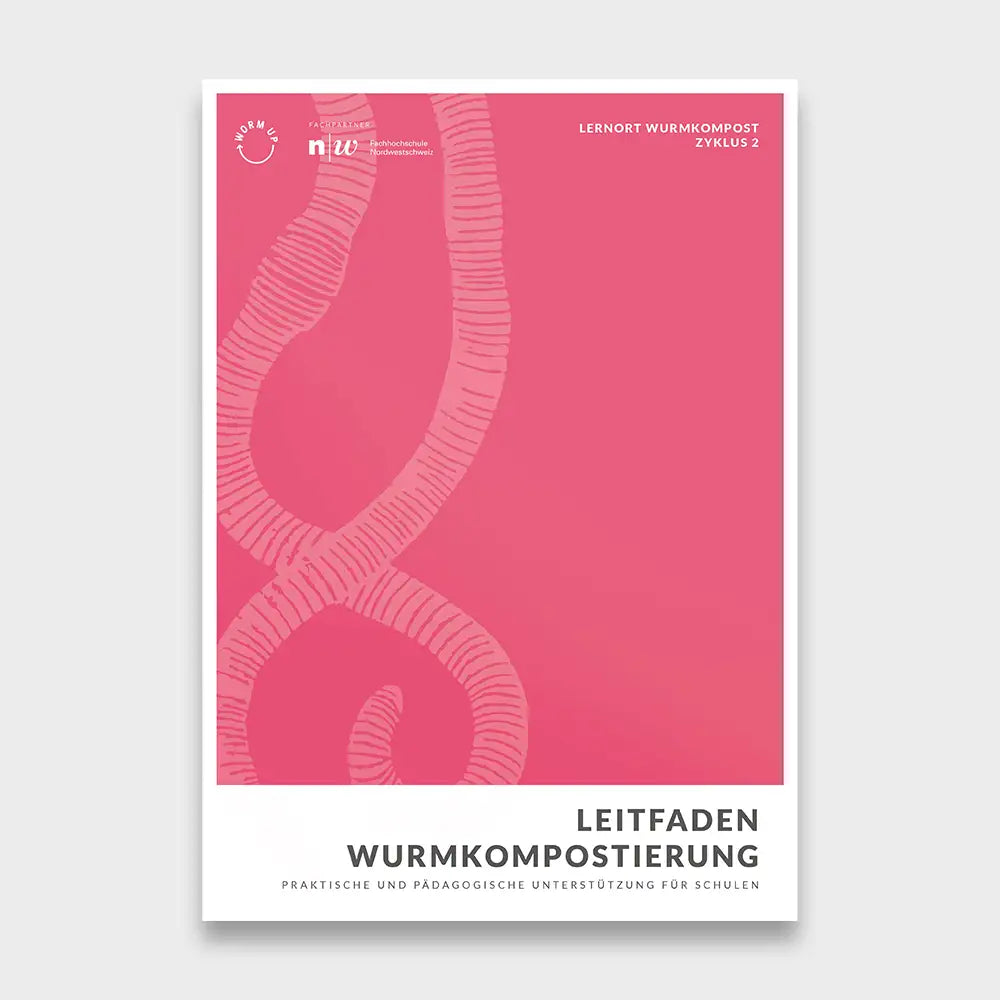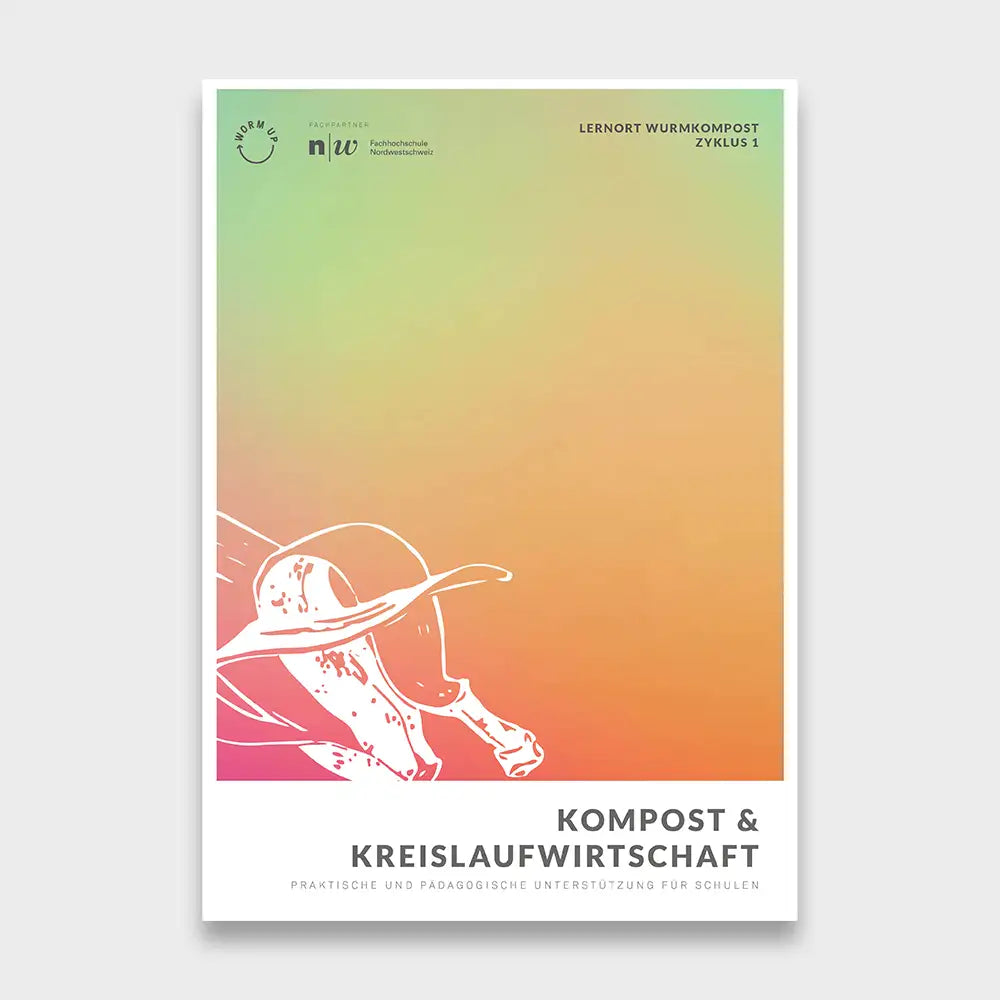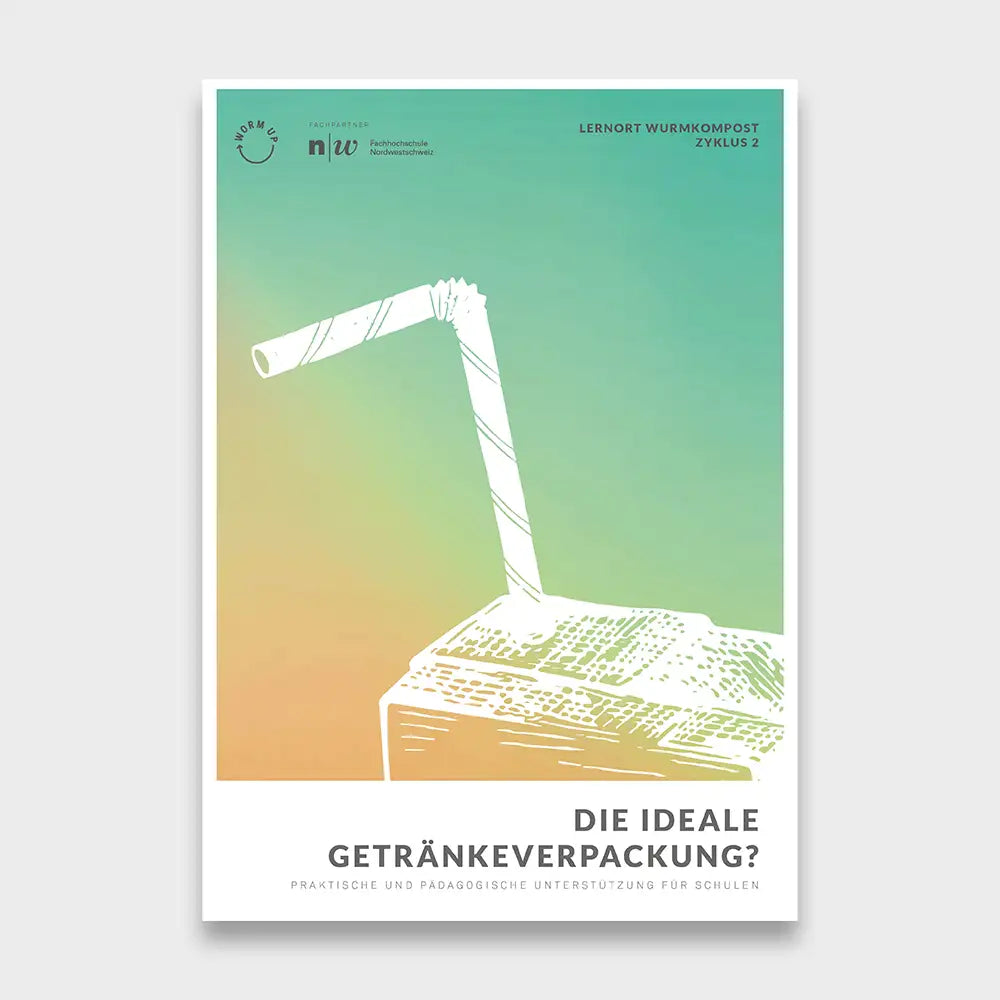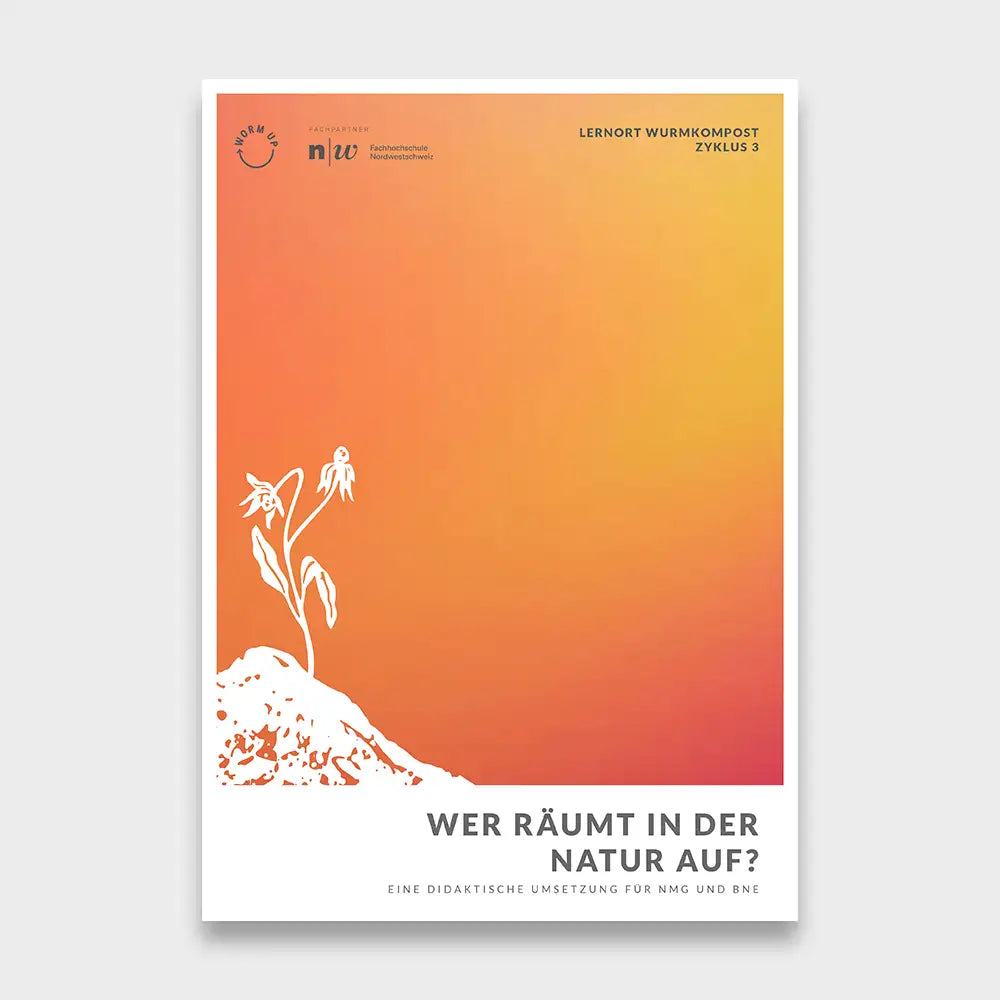Materials for the classroom - digital
Materials for the classroom - digital
Regular price
CHF 0.00
Regular price
Sale price
CHF 0.00
Unit price
per
Tax included.
Shipping calculated at checkout.
Teaching materials for the planning and organisation of NMC and/or ESD lessons in cycles 1-3. The learning materials were developed in collaboration with the University of Applied Sciences Northwestern Switzerland.
Digital version (in German) - The printed version (in German) of the documents is available here.
Available documents:
- Guidelines for didactic and practical implementation
- Cycle 1: Compost & circular economy
- Cycle 2: The ideal beverage packaging
- Cycle 3: Who cleans up nature?
Description
Description
Specifications
Specifications
Technical data
|
|
DIN A4 |
|---|---|
|
|
digital |
|
|
Zurich (CH) |
Versandinformationen
Versandinformationen
CH, EU
0
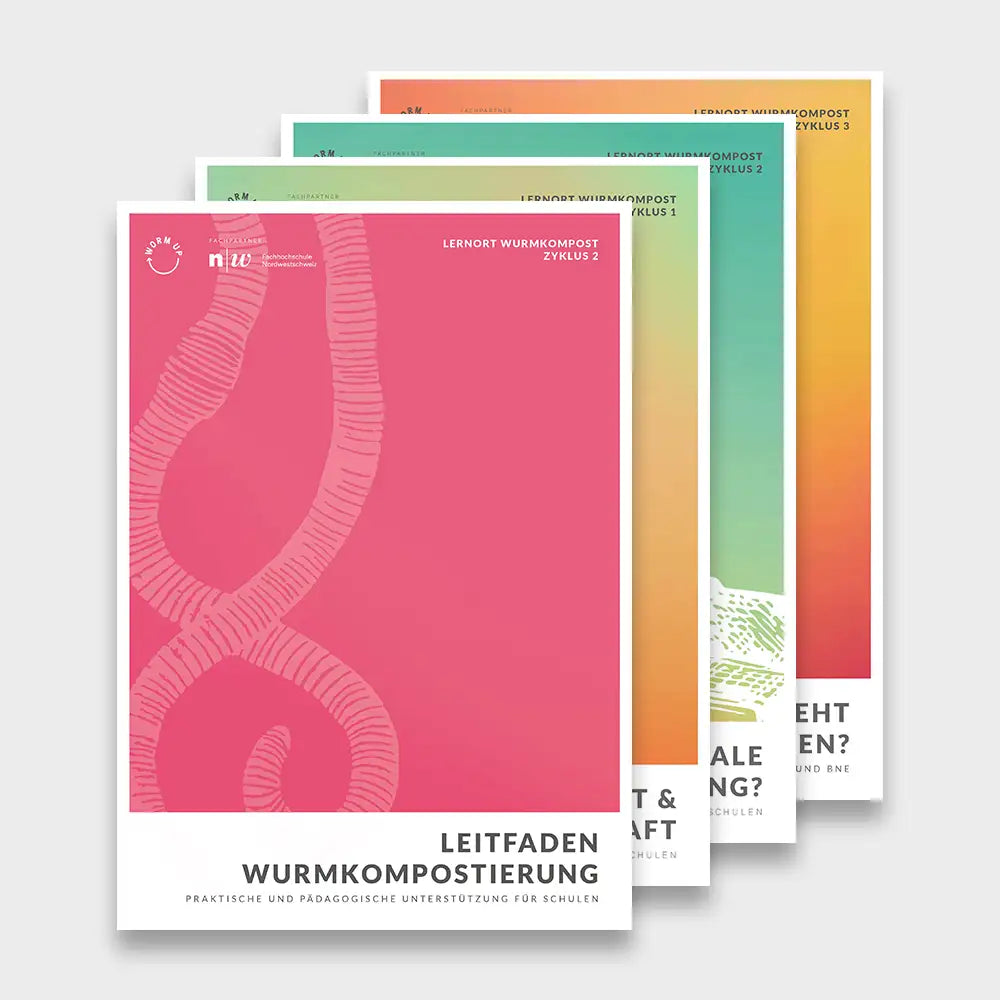
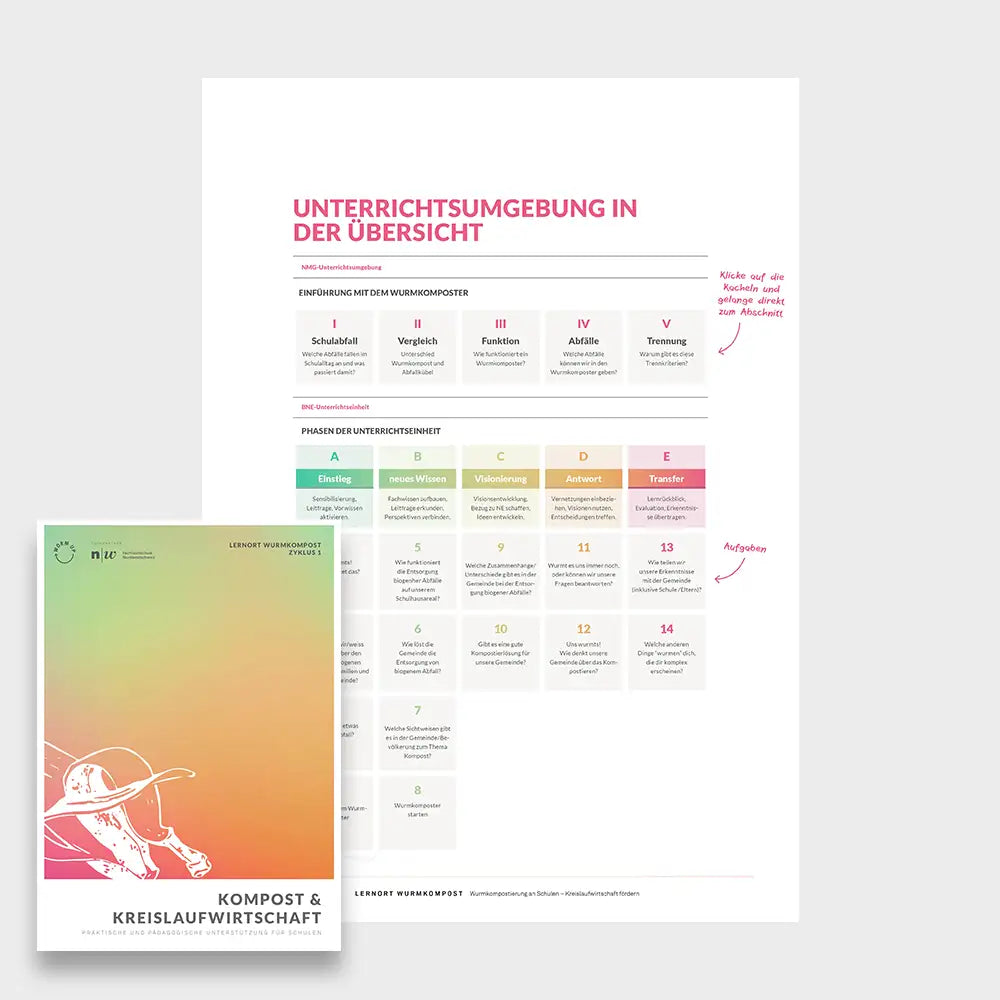
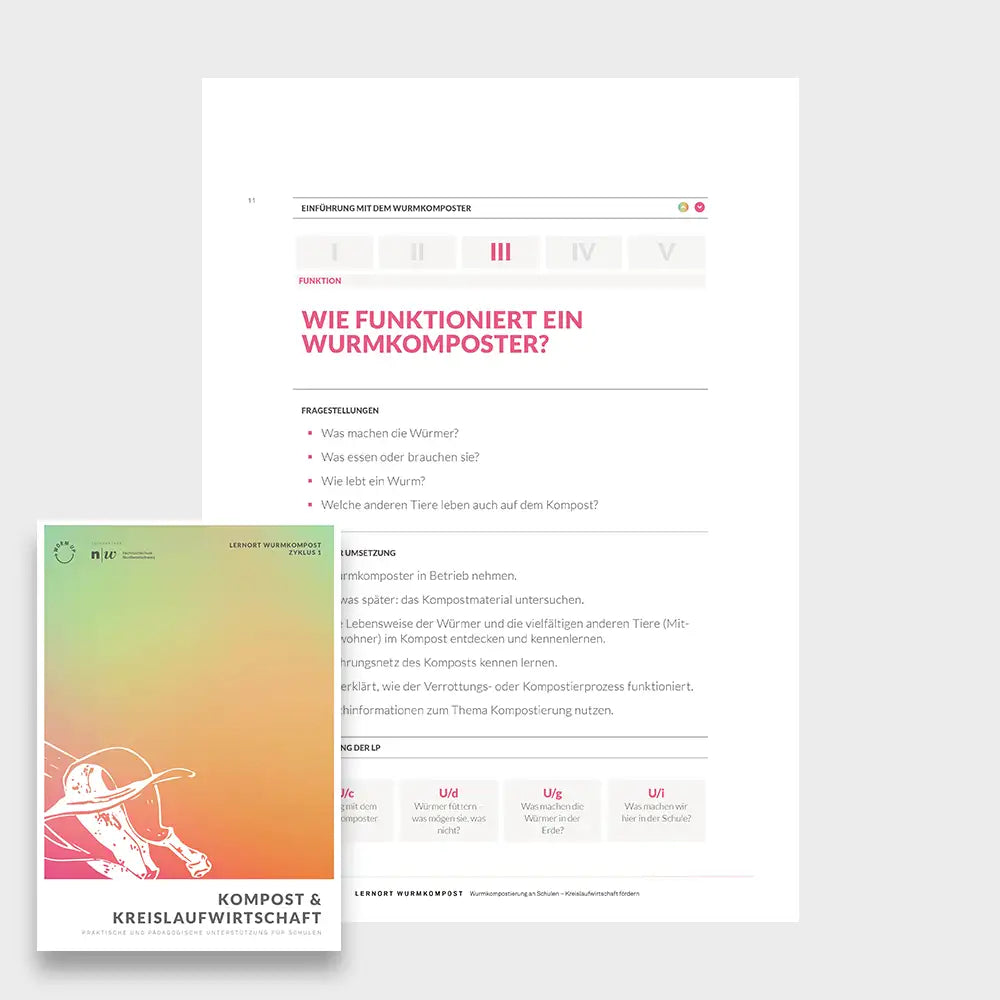
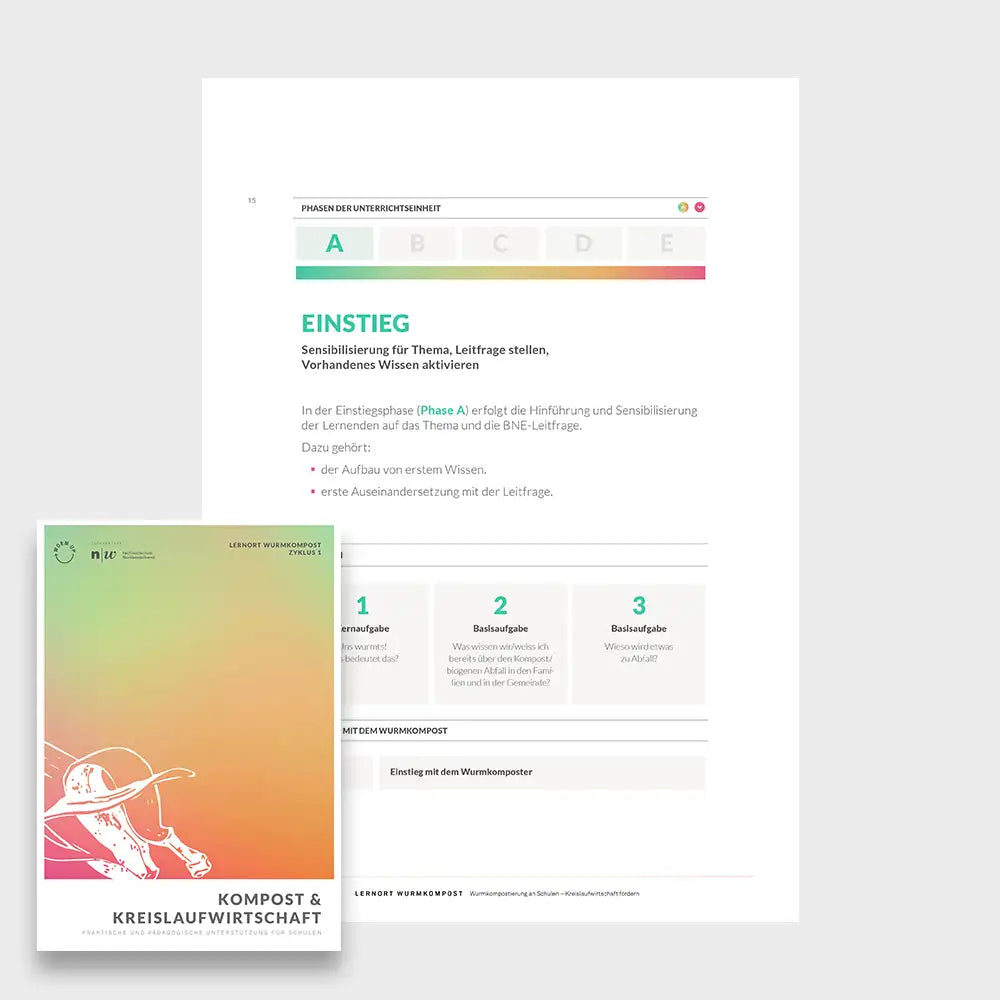
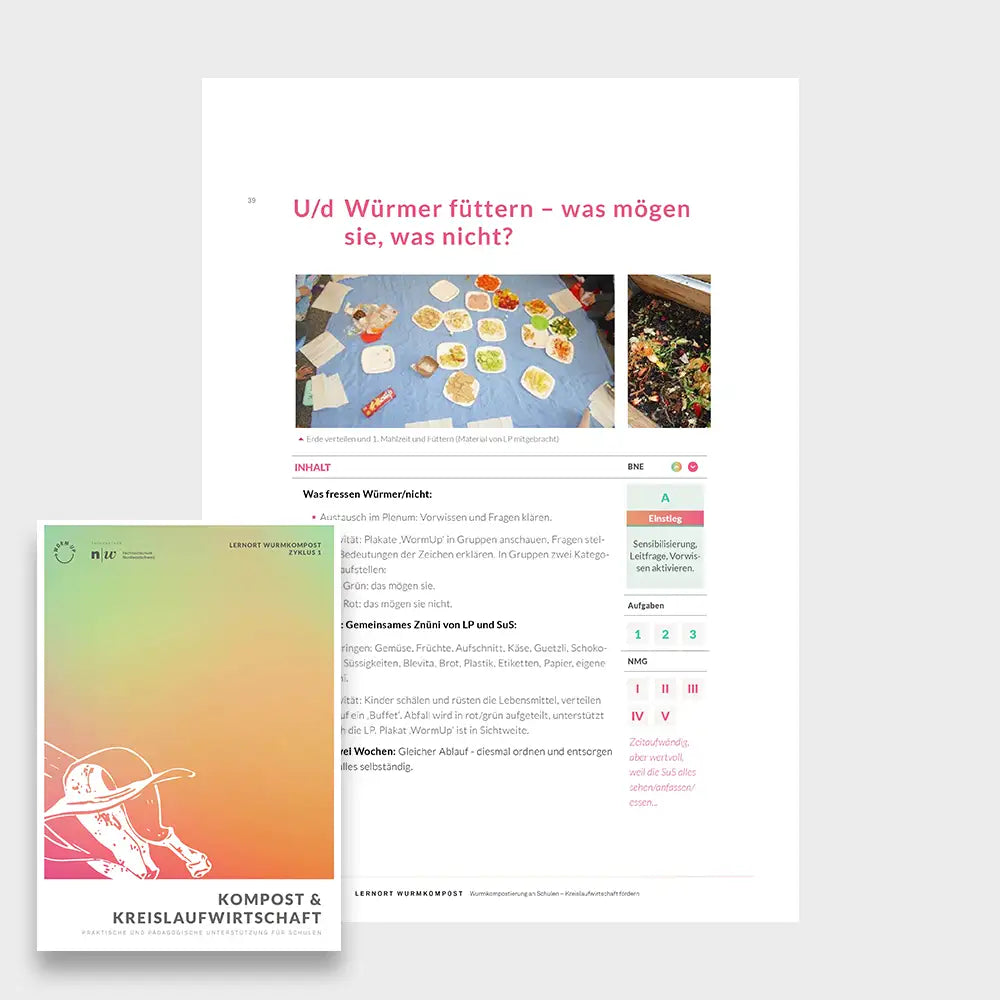
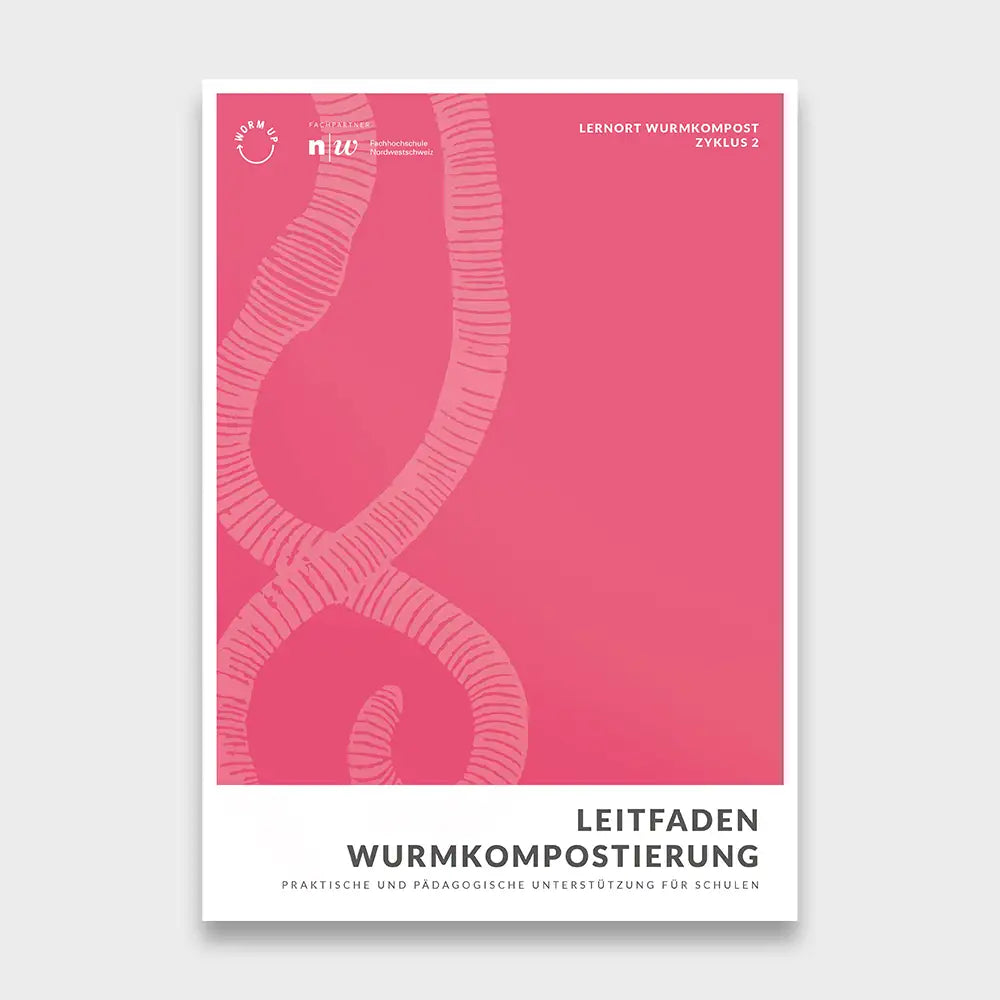
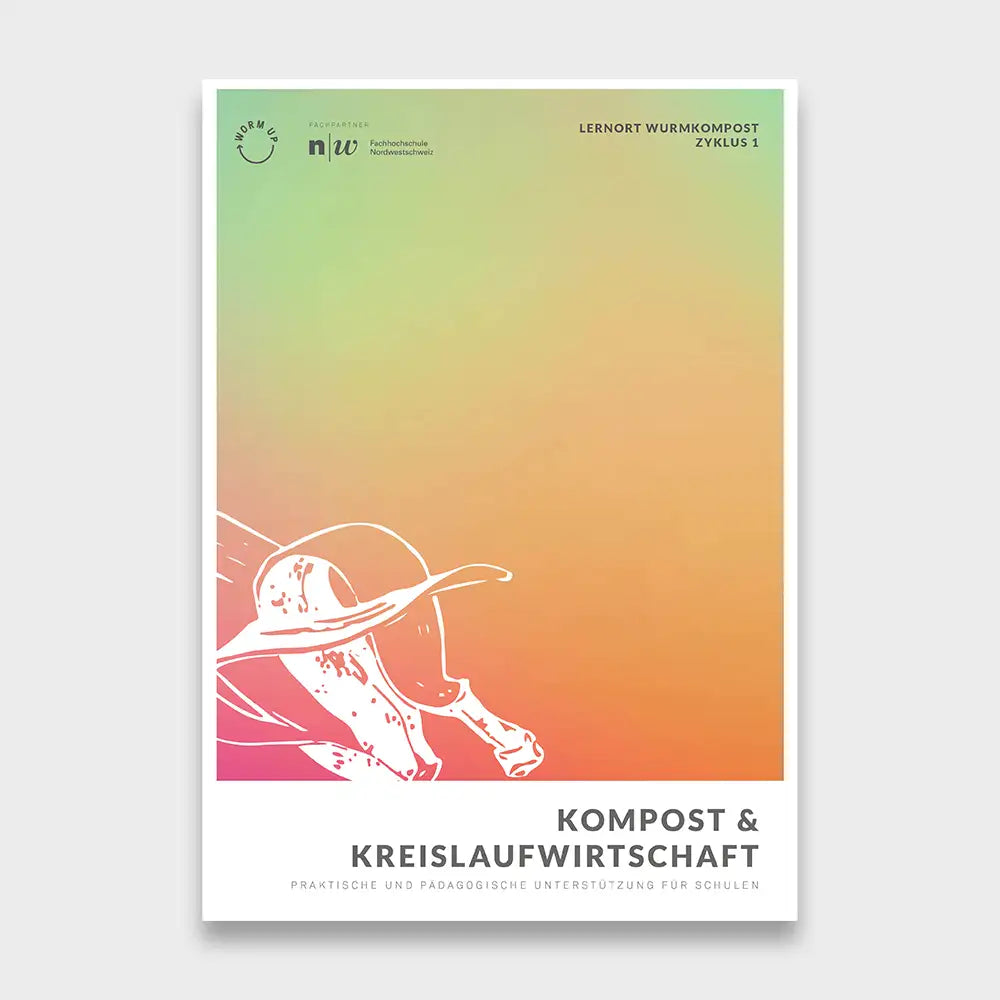
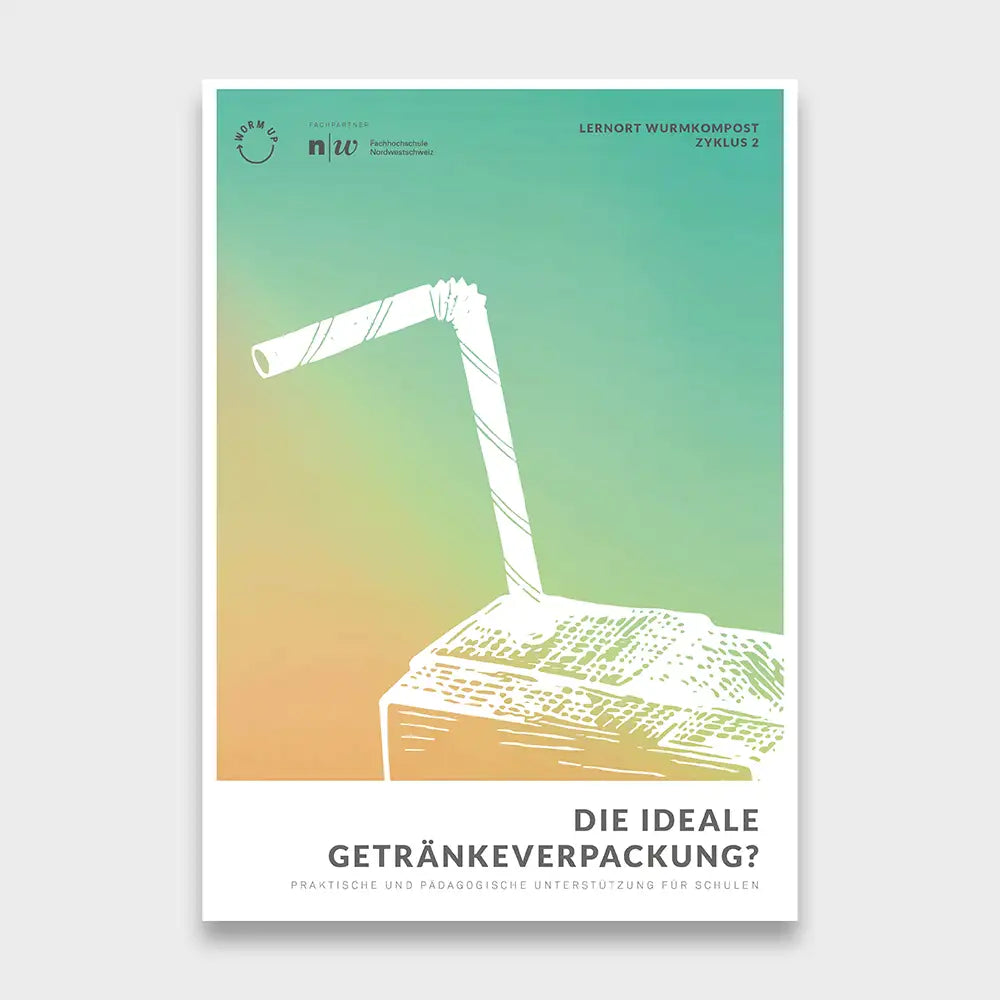
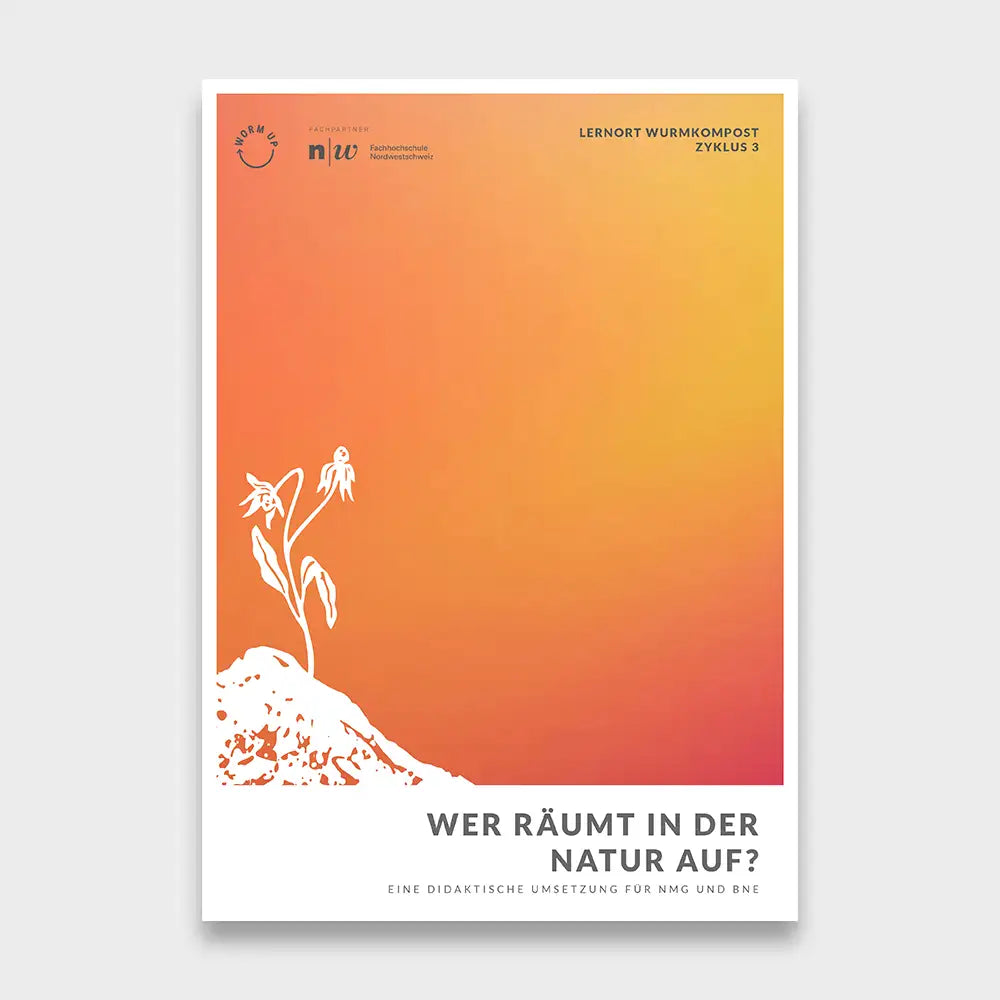
-
ESD-orientated
-
Experience the cycle
-
Tried and tested
- Choosing a selection results in a full page refresh.
- Opens in a new window.
